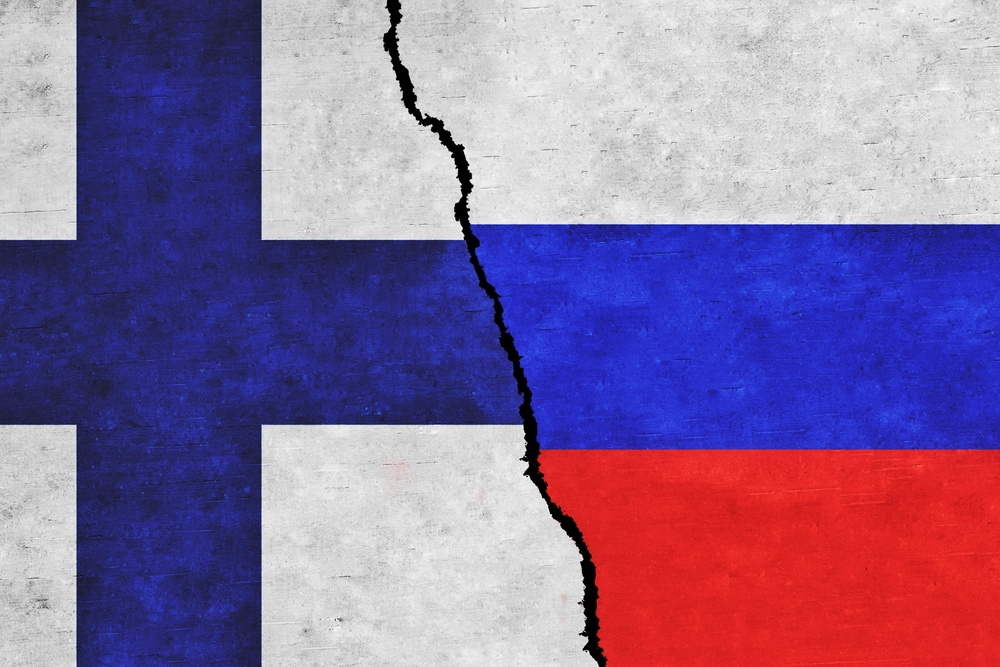Others are reading now
A significant investigation conducted by the Finnish news agency Yle has brought to light that more than 20 Finnish companies have been involved in supplying military goods to Russia. This report comes amidst ongoing sanctions and international scrutiny over military support to Russia in its war in Ukraine.
The Yle investigation, which involved a detailed study of customs documents, revealed that these Finnish companies, primarily small-scale logistics and freight forwarding firms, are owned by individuals with Russian backgrounds.
The names of these companies have not been disclosed publicly, as Yle notes that they do not hold significant economic power and their owners have not been convicted of any crimes.
Also read
One of the companies identified in the investigation reportedly shipped sensors, diesel engines, fuel pumps, and transmission equipment to Russia. Notably, Yle journalists discovered that similar items were found in destroyed Russian weapons and vehicles in Ukraine, underscoring the potential military application of these exports.
The investigation also found that at least two Russian clients of these companies have links to Russia’s Federal Security Service (FSB). Furthermore, it was reported that these Finnish companies either exported goods directly to Russia or acted as intermediaries, with some exports routed through other countries, such as Uzbekistan. This method is suggested to be a way for Russia to bypass international sanctions.
However, representatives from a few of the implicated companies have denied any wrongdoing. They claimed that they were unaware of violating sanctions or of their clients’ connections to the Russian military industry or intelligence services. This denial raises questions about the due diligence and compliance processes within these companies.
The findings of this investigation are significant as they highlight the complex challenges in enforcing international sanctions and the indirect ways


